The Russian Air Force is falling out of the sky
Russia's attempt at intimidation has backfired spectacularly
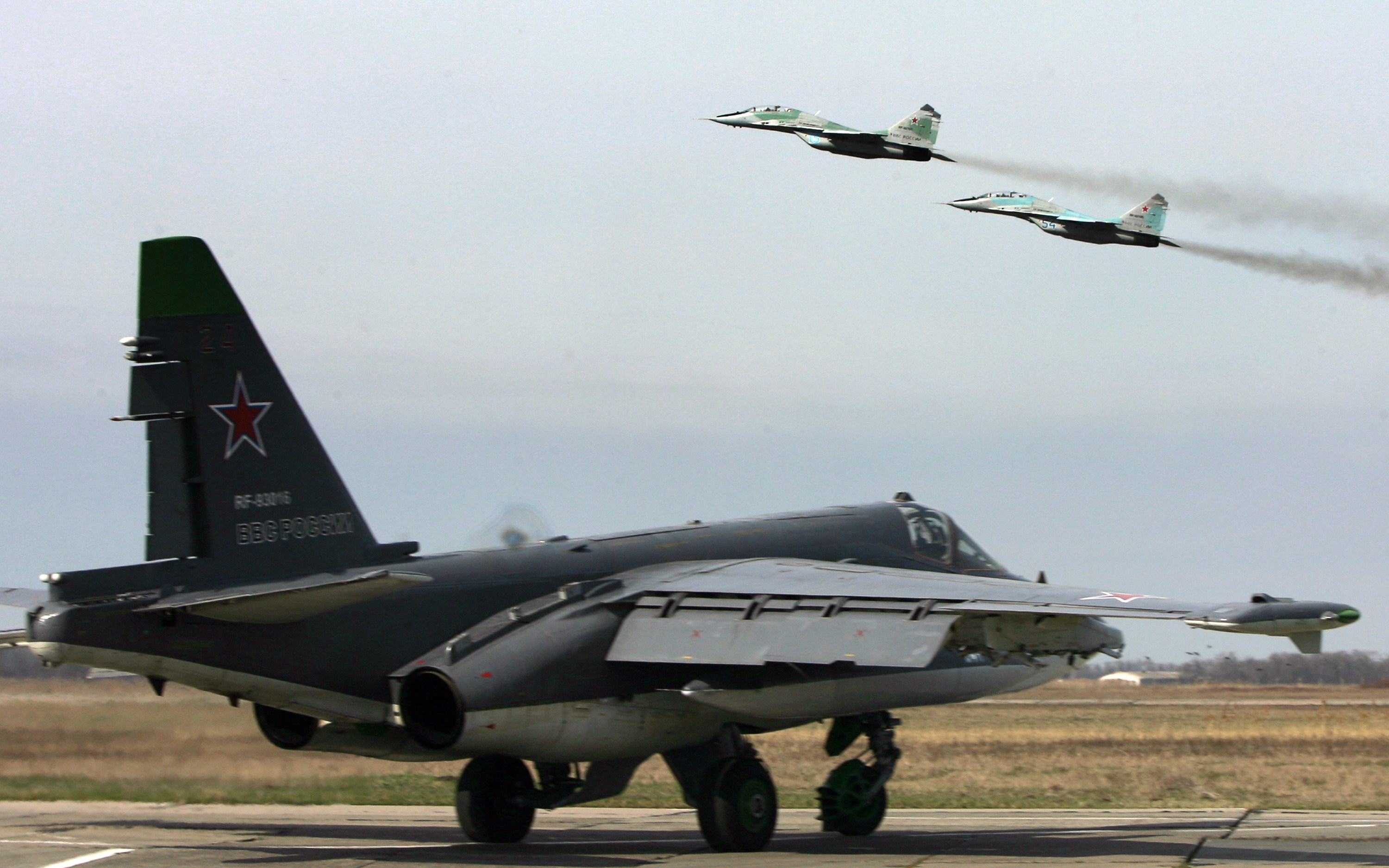
A free daily email with the biggest news stories of the day – and the best features from TheWeek.com
You are now subscribed
Your newsletter sign-up was successful
The flights began last year. The government of Russian President Vladimir Putin, eager to send a message, began flying nuclear bombers on training missions near the United States and its allies around the world.
The message was one of intimidation and defiance: Russia is still a power to be reckoned with, and meddling in the Ukraine, Syria, and Russia itself — particularly on human rights issues — is not appreciated.
Now, after months of aggressive flying, Russia's overworked air force is falling out of the sky. On July 5, a Su-24M tactical bomber crashed during takeoff at Khabarovsk in the Russian Far East. The plane banked sharply after takeoff and hit the ground. Both pilots were killed.
The Week
Escape your echo chamber. Get the facts behind the news, plus analysis from multiple perspectives.

Sign up for The Week's Free Newsletters
From our morning news briefing to a weekly Good News Newsletter, get the best of The Week delivered directly to your inbox.
From our morning news briefing to a weekly Good News Newsletter, get the best of The Week delivered directly to your inbox.
Five Russian combat planes have crashed in the past month. Russia's attempt to demonstrate strength has backfired spectacularly and demonstrated weakness instead.
In the past year, Russia has sent nuclear bombers to the borders of the United States, Canada, the United Kingdom, Sweden, Norway, Finland, Denmark, Poland, the Netherlands, and Japan. In May, a pair of Su-24 bombers made a low pass over the destroyer USS Ross in the Black Sea, and Russian fighters have demonstrated "reckless" and "unprofessional" behavior near American spy planes over the Baltic Sea, prompting protests from the Pentagon.
Russia's Air Force has been run at a high tempo, and the pace is catching up with an already-weary aircraft fleet. The toll in just the last month has been extraordinary: In addition to the fatal Su-24M accident, two MiG-29 fighters have crashed. Less than three hours after the second MiG crash, a Su-34 strike fighter flipped over while landing and went down south of Moscow.
On Monday July 6th, a Tu-95 strategic bomber suffered an engine fire and overshot the landing strip at Ukrainka Airbase in the Russian Far East, where flights against Japan and the Western United States are conducted. Both pilots were killed.
A free daily email with the biggest news stories of the day – and the best features from TheWeek.com
President Vladimir Putin has decided to mount frequent shows of force to remind other countries of Russia's military power. Unfortunately for him, all of Russia's options for a show of force are dicey. Russia's military suffered from neglect during the 1990s and early 2000s, the result of a weak economy that was unable to properly fund the armed forces. Armored vehicles, ships, and planes were inadequately serviced, and even fell into disrepair.
The Russian Army, being what it is, can't mount an effective show of force beyond the country's borders. The Russian Navy can't send its remaining aircraft carrier and cruisers abroad without a oceangoing tugboat shadowing them — in case one of the ships breaks down.
That leaves the Russian Air Force. The vast majority of Russia's Air Force was built and operated by the Soviet Union, making the youngest of these planes 24 years old. The Tu-95 "Bear", MiG-29 "Fulcrum," and Su-24 "Fencer" fighters and bombers that crashed in the last month were all inherited from the Soviet Union.
Compounding the problem is the inability to replace older aircraft with new models. Since the end of the Cold War the United States has introduced the all-new F-22 Raptor and is on the verge of introducing the F-35 Joint Strike Fighter. Russia on the other hand has not introduced a new fighter design in 30 years. Russia's latest fighters, the Su-35 air superiority fighter and the Su-34 strike fighter, are updated designs dating to the late 1970s.
Russia recently announced an aggressive program to modernize its armed forces, and pledged to spend $400 billion on new armaments. But already the program is in trouble, as sanctions over the war in Ukraine, a ban on military sales to Russia, and declining oil prices have sapped the modernization effort.
Russia recently cut its initial buy of the new PAK-FA fighter, it's first stealthy, so-called "fifth generation" design, from 52 to a mere 12. The troubled aircraft program is suffering from technical difficulties and cost overruns. Russia will likely buy more fighters down the road, but it's an example of the problems Moscow faces in procuring new equipment.
Moscow is caught between a rock and a hard place. Russia can no longer rely on older equipment to project an image of strength and power. But increasingly it cannot afford to replace that equipment with modern designs the equal of American and Western equipment.
Four airmen serving their country have died, a tragedy regardless of nationality. But the upshot of this recent spate of crashes may be a more realistic view of Russian power by those wielding it. The Russian military is simply not ready for war — or even saber rattling.
Kyle Mizokami is a freelance writer whose work has appeared in The Daily Beast, TheAtlantic.com, The Diplomat, and The National Interest. He lives in San Francisco.
-
 James Van Der Beek obituary: fresh-faced Dawson’s Creek star
James Van Der Beek obituary: fresh-faced Dawson’s Creek starIn The Spotlight Van Der Beek fronted one of the most successful teen dramas of the 90s – but his Dawson fame proved a double-edged sword
-
 Is Andrew’s arrest the end for the monarchy?
Is Andrew’s arrest the end for the monarchy?Today's Big Question The King has distanced the Royal Family from his disgraced brother but a ‘fit of revolutionary disgust’ could still wipe them out
-
 Quiz of The Week: 14 – 20 February
Quiz of The Week: 14 – 20 FebruaryQuiz Have you been paying attention to The Week’s news?
-
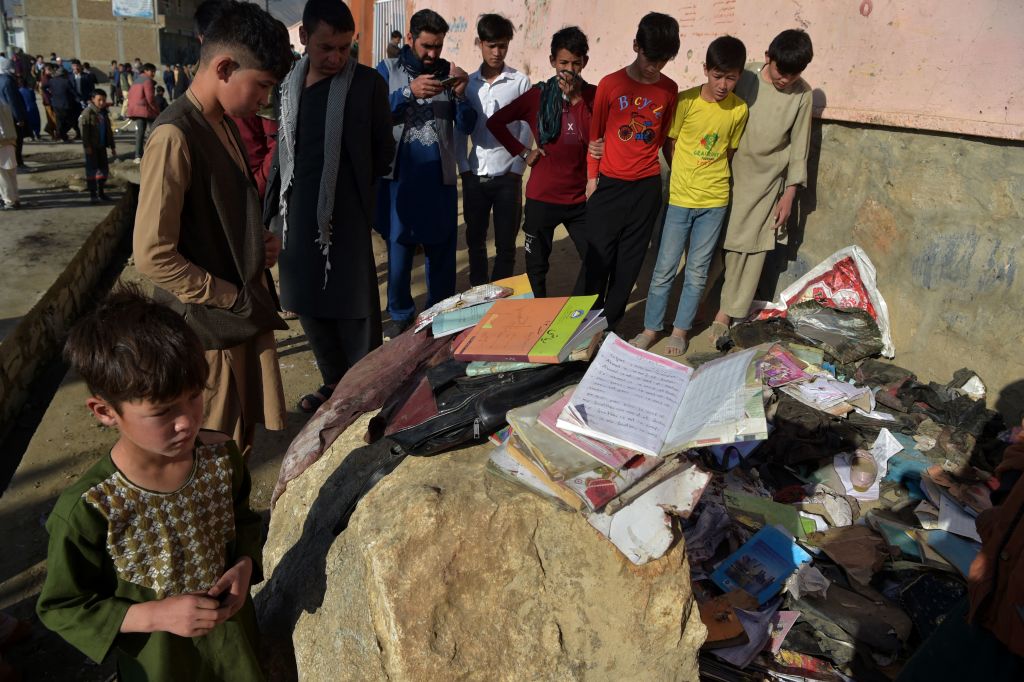 Bombing at girls' school in Kabul kills at least 50, including students
Bombing at girls' school in Kabul kills at least 50, including studentsSpeed Read
-
 Garland says DOJ is 'pouring its resources' into stopping domestic terrorists 'before they can attack'
Garland says DOJ is 'pouring its resources' into stopping domestic terrorists 'before they can attack'Speed Read
-
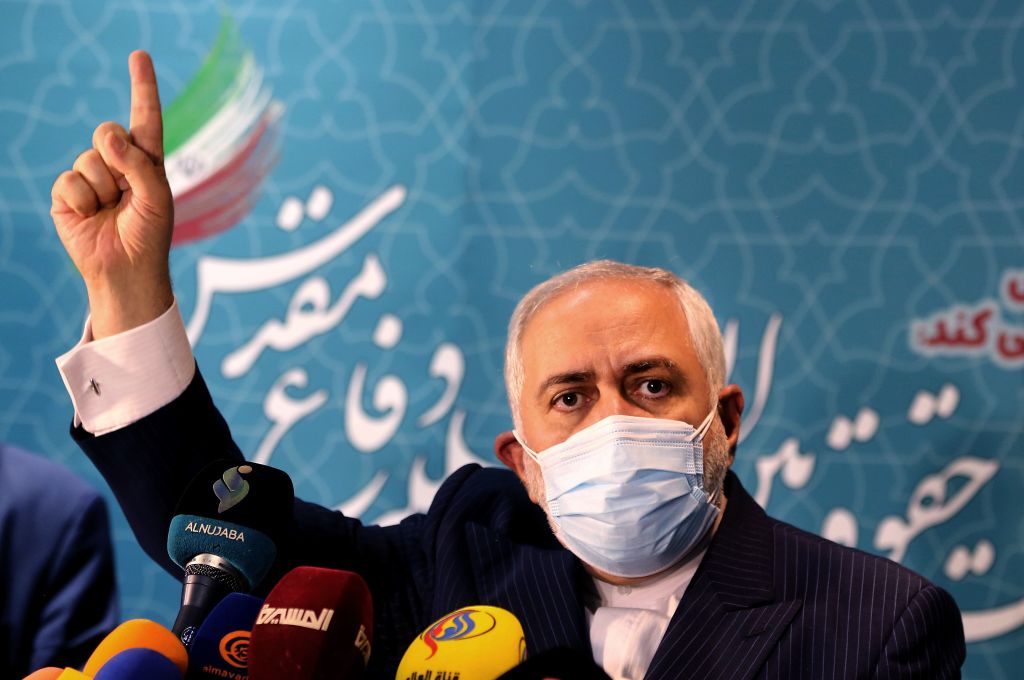 Suspected Israeli cyberattack on Iranian nuclear site complicates U.S.-Iran nuclear deal talks
Suspected Israeli cyberattack on Iranian nuclear site complicates U.S.-Iran nuclear deal talksSpeed Read
-
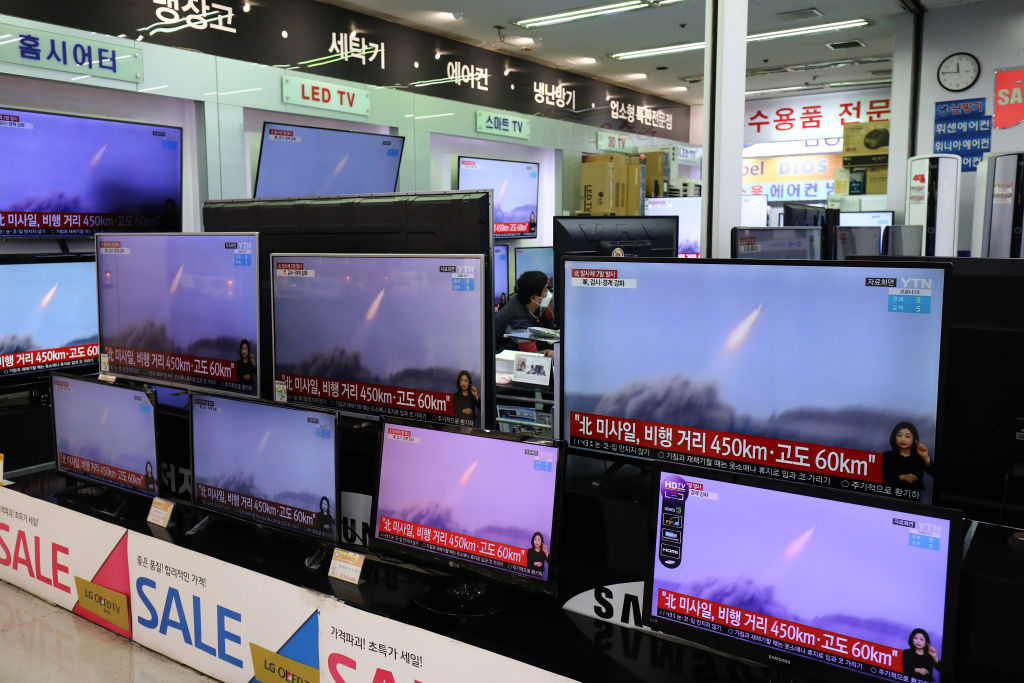 North Korea fires 2 ballistic missiles into sea
North Korea fires 2 ballistic missiles into seaSpeed Read
-
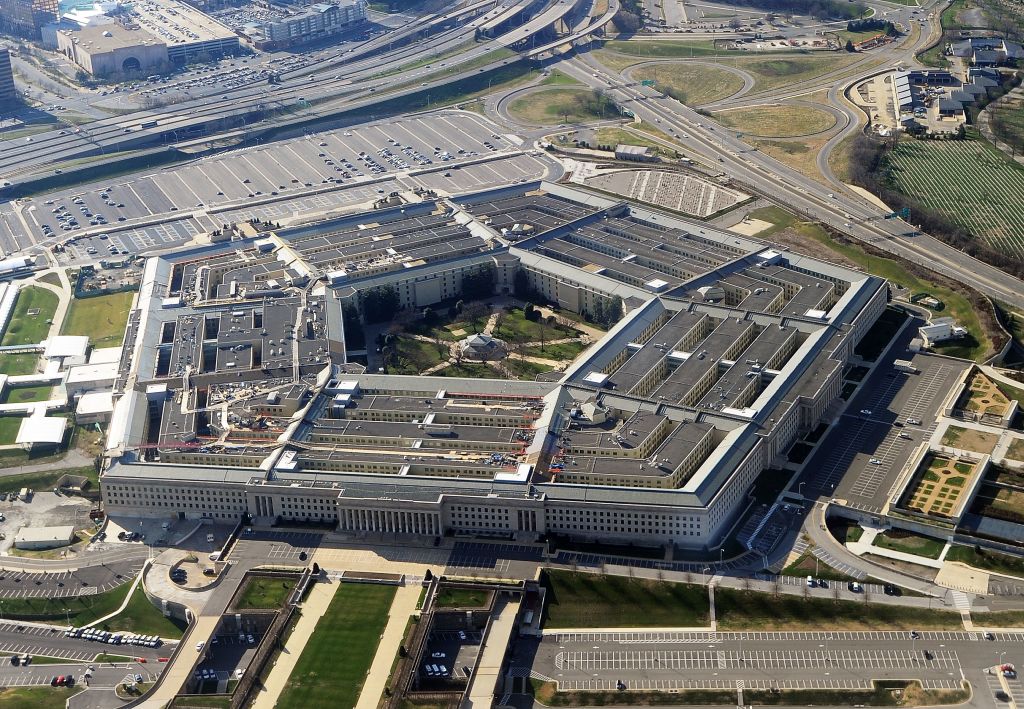 U.S. airstrikes target Iranian-backed militia facilities in Syria
U.S. airstrikes target Iranian-backed militia facilities in SyriaSpeed Read
-
 Rochester police who killed Daniel Prude during mental health crisis won't face charges
Rochester police who killed Daniel Prude during mental health crisis won't face chargesSpeed Read
-
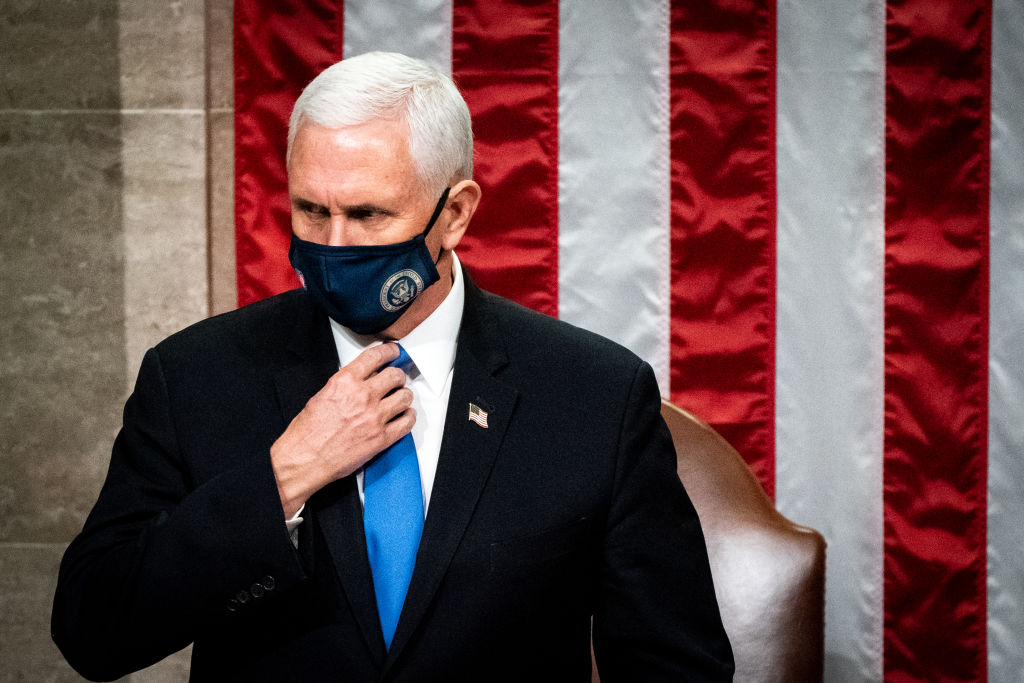 Mike Pence's 'nuclear football' was also apparently at risk during the Capitol siege
Mike Pence's 'nuclear football' was also apparently at risk during the Capitol siegeSpeed Read
-
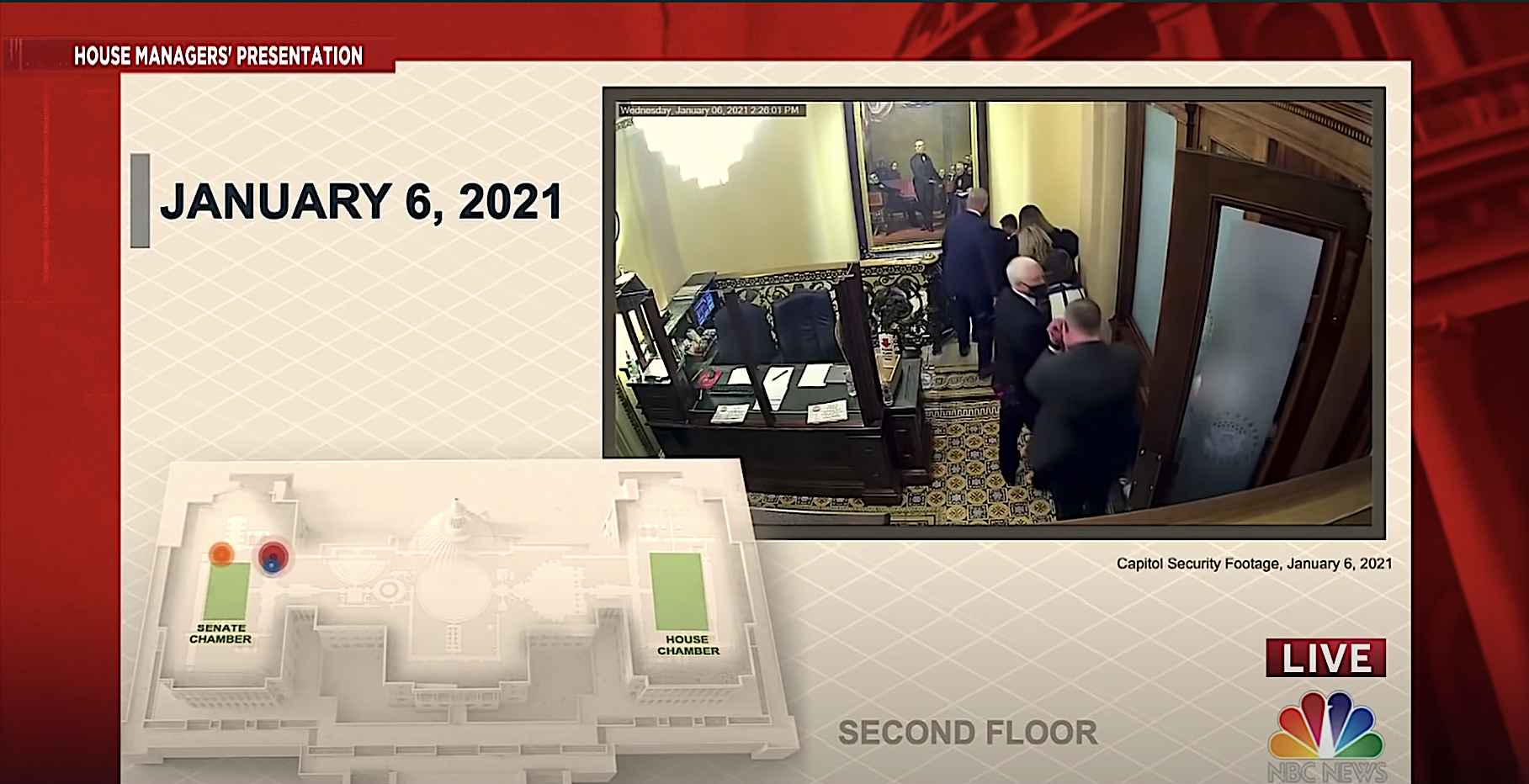 Trump publicly attacked Pence during the Capitol riot knowing Pence was in trouble, GOP senator suggests
Trump publicly attacked Pence during the Capitol riot knowing Pence was in trouble, GOP senator suggestsSpeed Read